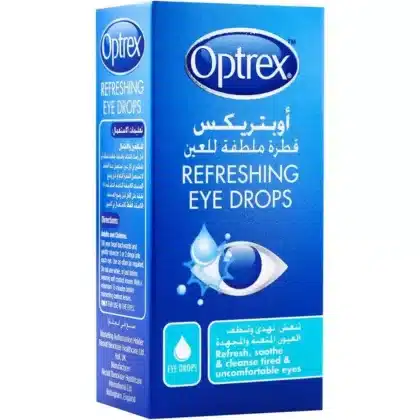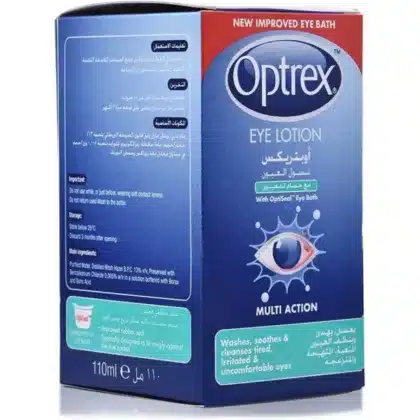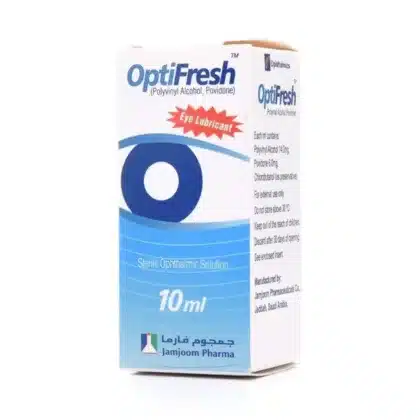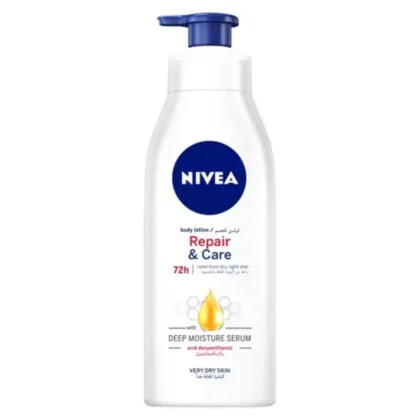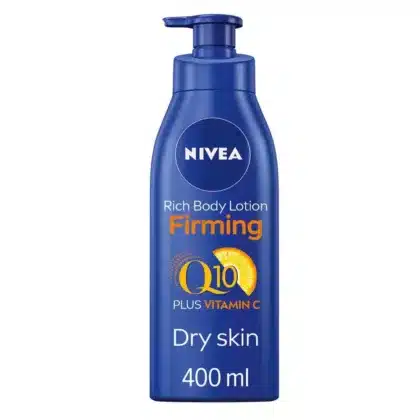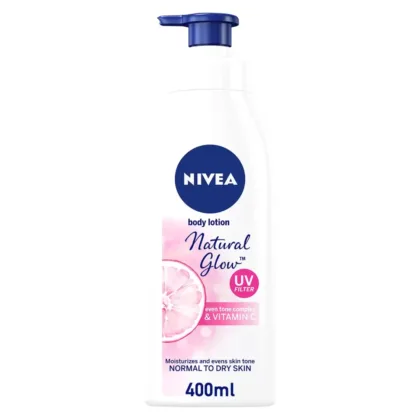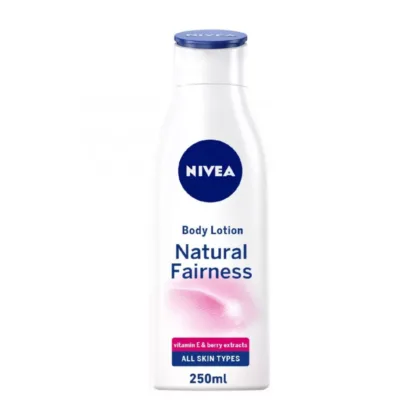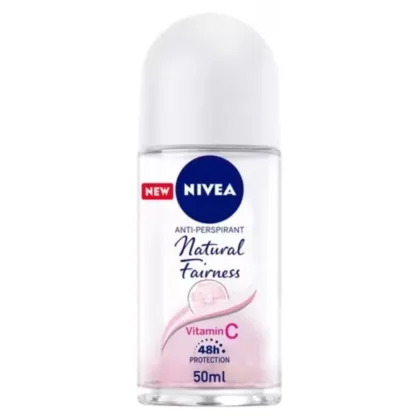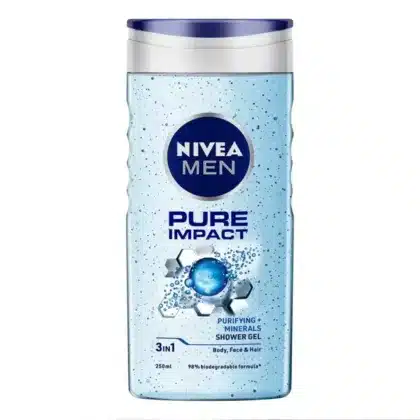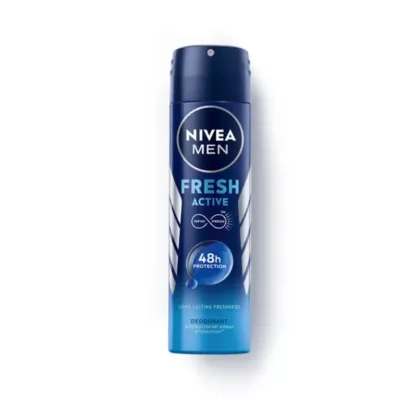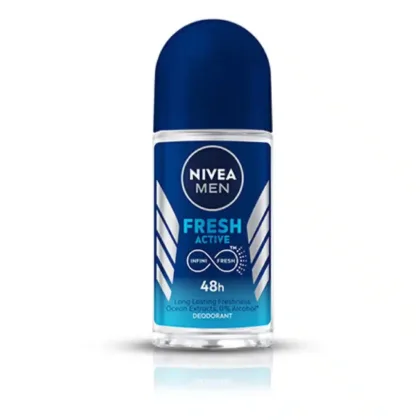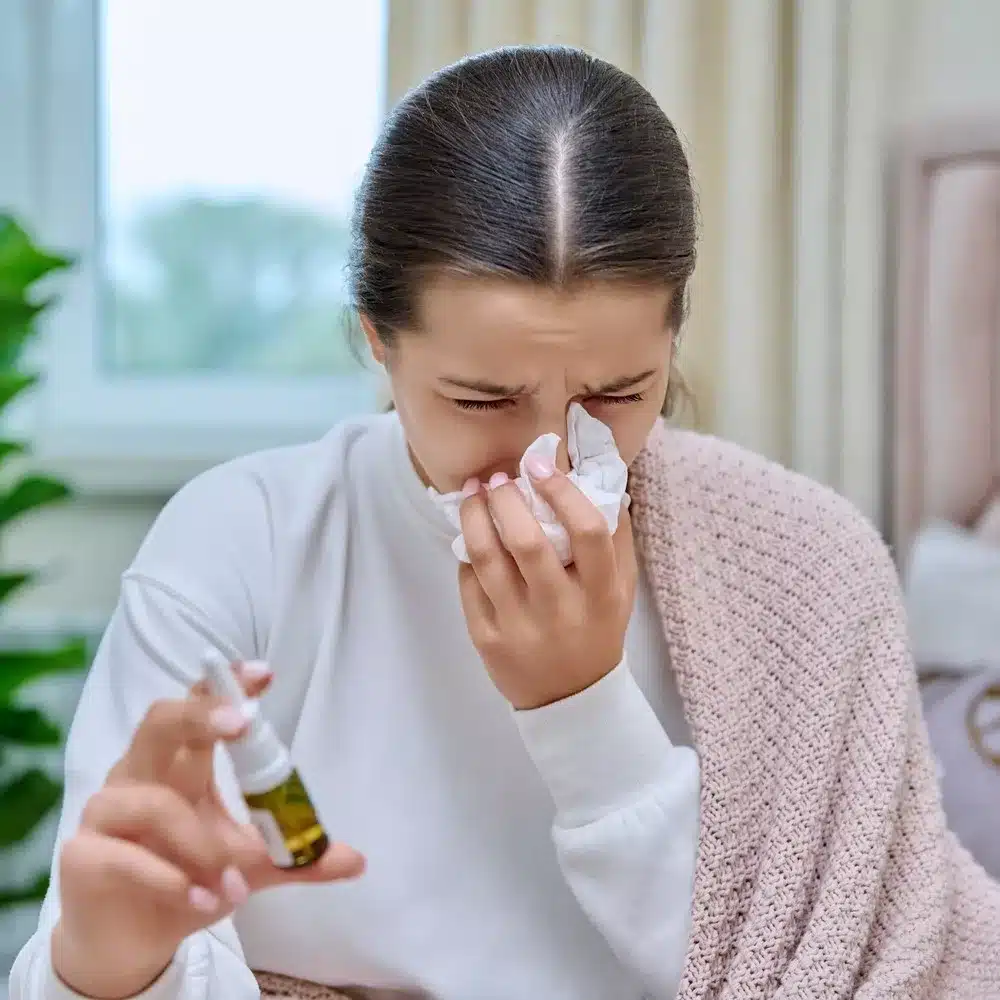
Is your nose running like a faucet? Do your eyes itch like crazy? Do you sneeze so hard that you think your head might pop off? If so, you may have allergic rhinitis. In this blog post, we’ll tell you everything you need to know about it, from what causes it to how to treat and prevent it. So read on, and let’s get your nose back in order!
It is a common condition that affects millions of people. It is caused by an allergic reaction to airborne allergens, such as pollen, dust mites, pet dander, and mold.
When someone with allergic rhinitis breathes in an allergen, their immune system overreacts. This causes the release of histamine, a chemical that triggers a variety of symptoms, including:
It can be a seasonal problem, or it can be year-round. Seasonal allergic rhinitis is typically caused by pollen from trees, grasses, and weeds. While dust mites, pet dander, or mold usually cause year-round allergic rhinitis.
It is caused by an allergic reaction to airborne allergens. Airborne allergens are tiny particles that float in the air and can be easily inhaled.
The most common airborne allergens include:
Anyone can develop allergic rhinitis, but it is more common in people with a family history of allergies. Other risk factors include:
There is no single test to diagnose allergic rhinitis. Your doctor will likely diagnose the condition based on your symptoms and medical history. They may also order a skin test or blood test to identify the specific allergens that you are allergic to.
There are a variety of treatments available. The best treatment for you will depend on the severity of your symptoms and the allergens that you are allergic to.
Common treatments include:
If you think you may have allergic rhinitis, talk to your doctor to help you identify your triggers and develop a treatment plan that is right for you.
